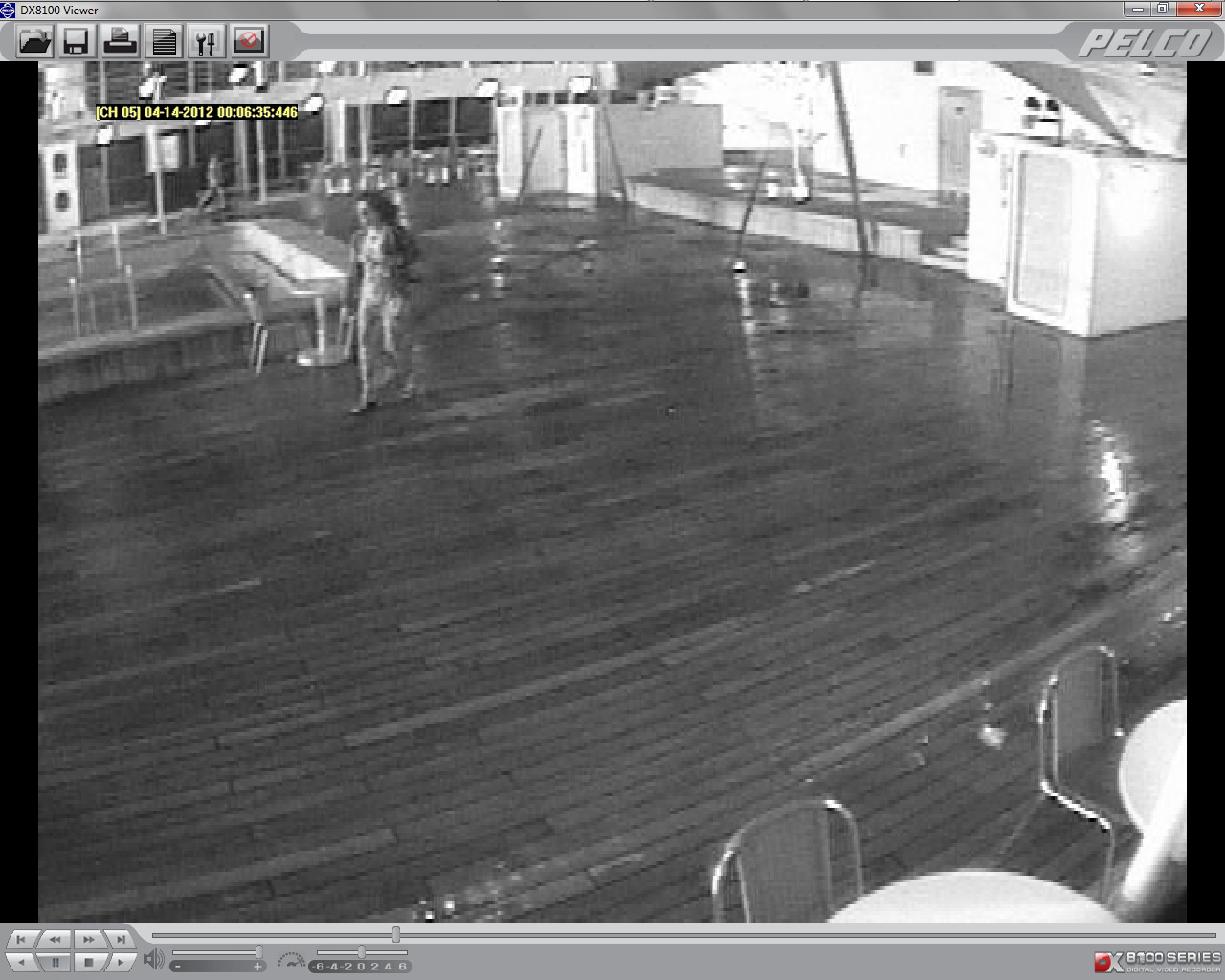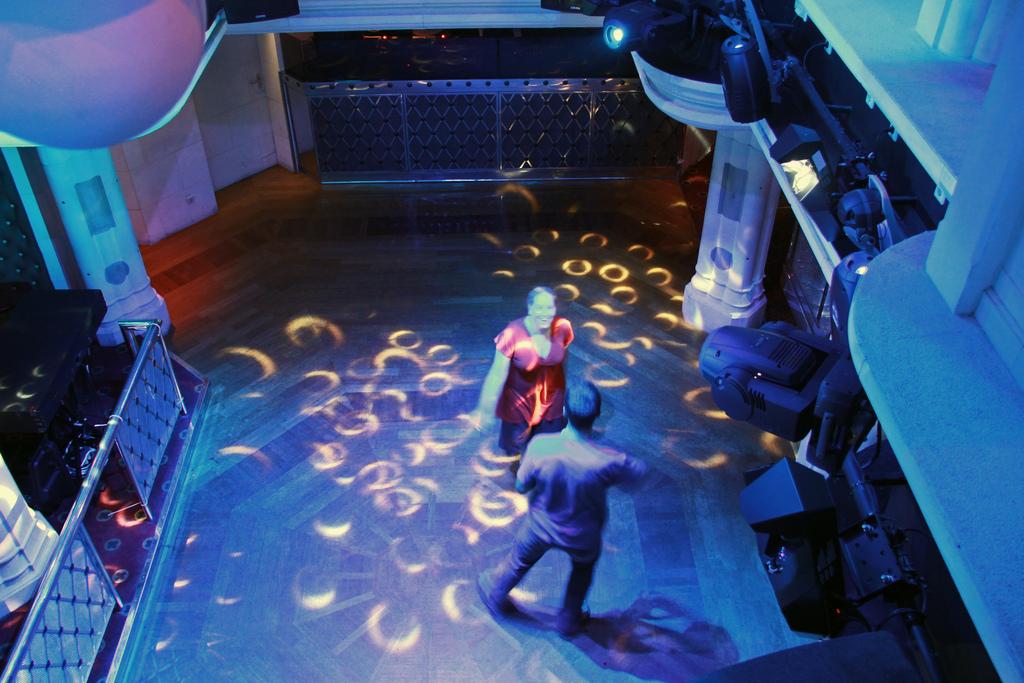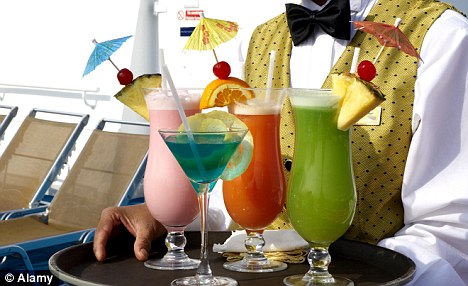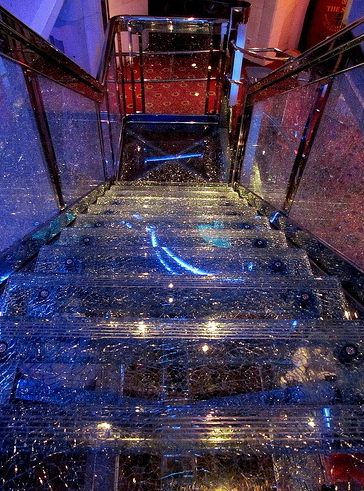You are on your cruise, walking around and enjoying the amenities. Then, all of a sudden, without warning, you are on the ground. You realize you have slipped and fallen, seriously injuring yourself. However, just because you are injured, don’t expect the cruise line to take responsibility for its negligence and compensate you.
Slip and fall accidents can happen anywhere on cruise ship. Such accidents can be caused by any number of reasons: a foreign substance on the ground, wet floor from mopping, a spill that was not properly detected and cleaned up, lack of anti-slip or anti-skid material on the flooring, defective or missing treads on stairs, lack of warning of a dangerous condition, or even insufficient lighting.
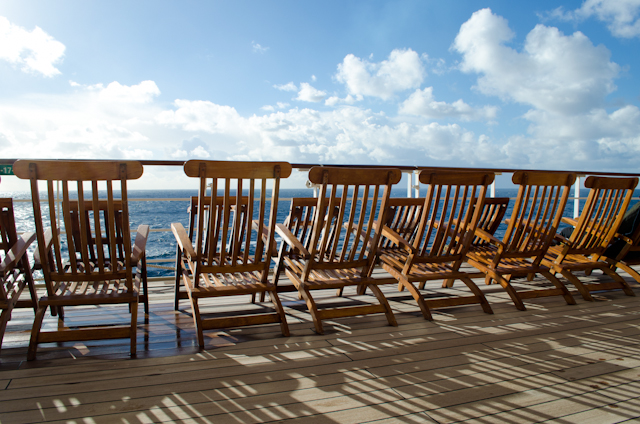 Under the law, a cruise line owes its passengers a duty of “reasonable care under the circumstances.” That is, the cruise line must take reasonable measure to ensure that the floors are free from foreign substances, spills promptly and timely cleaned up, physical or verbal warnings provided and ensure that the floor is otherwise maintained in a safe, clean, and dry condition. This duty requires a cruise line to take affirmative steps, such as have a reasonable inspection process in place, to timely detect and correct a dangerous condition.
Under the law, a cruise line owes its passengers a duty of “reasonable care under the circumstances.” That is, the cruise line must take reasonable measure to ensure that the floors are free from foreign substances, spills promptly and timely cleaned up, physical or verbal warnings provided and ensure that the floor is otherwise maintained in a safe, clean, and dry condition. This duty requires a cruise line to take affirmative steps, such as have a reasonable inspection process in place, to timely detect and correct a dangerous condition.
To be found liable, a cruise line must have actual or constructive notice of a dangerous condition to allow the cruise line an opportunity to correct it. That means the cruise either knew about the condition or the situation existed for a sufficient period of time that the cruise line should have discovered it.
The cruise line will undoubtedly argue that fall was your fault. It is standard for the cruise line to blame the passenger and claim that any dangerous condition was an “open and obvious” condition which you should have seen and avoided. The cruise line will also argue that it had no notice of the dangerous condition or it did not exist for a sufficient time to enable it an opportunity to detect it.
So, what do you do if you fall while on a cruise ship?
Take stock of the situation. Look around and determine what caused you to fall: Was there a foreign substance on the floor? Are your clothes or shoes wet? If there is a foreign substance, how big is it, what color is it (water, soda, coffee)? Can you tell the cause of the foreign substance (is there a leaking beverage machine, is there melting ice, was it a high traffic area where a fellow passenger could have spilled something)? Where there any warning signs in place? Where there any mats or other non-skip material in place?
The second most important thing you must do next is gather evidence. Concretely, this means: Get the names of any witnesses; if there are any crew-members present get their name and/or position; take photographs of the scene.
You must make sure that you (or if you can’t, someone you are traveling with) reports the situation to the cruise line. The cruise line will give you a passenger statement form to complete. Be sure to indicate that your fall was a result of an accident and state the cause of the accident. For example: the floor was wet and I slipped, there were no warning signs present, etc. Once completed, demand a copy of your statement and medical records (if you were seen in the infirmary).
Next, demand the cruise line preserve surveillance footage. Cruise lines have security cameras throughout the vessel and will have likely captured your accident. This is important evidence which can help establish the cause of your accident, the length of time the dangerous condition existed, and the failure of the cruise line to take reasonable steps to detect and correct the dangerous condition. Remember to make this demand in writing.
These simple steps can help ensure the cruise line is held responsible for your injuries and that you are fully compensated.
Continue reading
 Cruise Ship Lawyers Blog
Cruise Ship Lawyers Blog


